Alex Gallmon
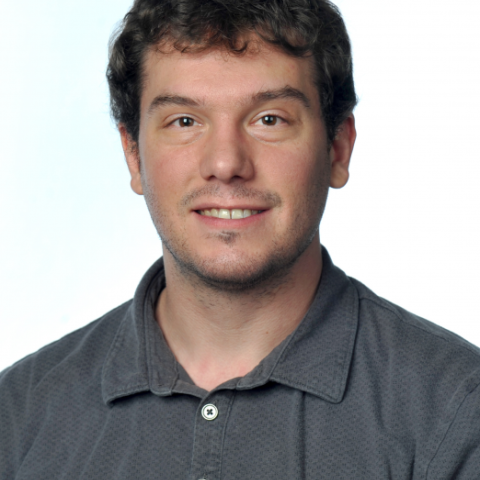


Tom Fuller is Professor of Chemical Engineering at the Georgia Tech. Dr. Fuller received a BS from the University of Utah in Chemical Engineering in 1982. Dr. Fuller then served for five years in the U.S. Navy working as a Nuclear Engineer. In 1992 he obtained a Ph.D. from UC, Berkeley also in Chemical Engineering.
Subsequently, Dr. Fuller developed advanced lithium batteries while working as a postdoctoral fellow at Lawrence Berkeley National Laboratory. He then moved to United Technologies. He was responsible for technology development, design, assembly, and test of cell stacks for UTC Fuel Cells.
His research group at Georgia Tech is focused on durability challenges for electrochemical systems. For the last eight years Dr. Fuller has been a Technical Editor for the Journal of the Electrochemical Society. In 2009 Dr. Fuller was named a Fellow of the Electrochemical Society.
Electric Vehicles; Energy Storage; Hydrogen; Modeling; Materials Failure and Reliability; Energy Conversion; Energy Storage; Batteries; fuel cells
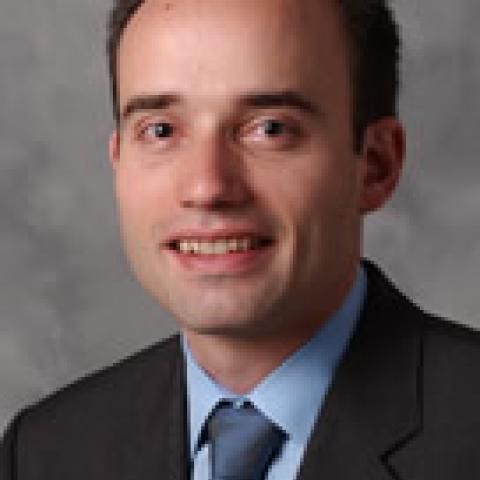
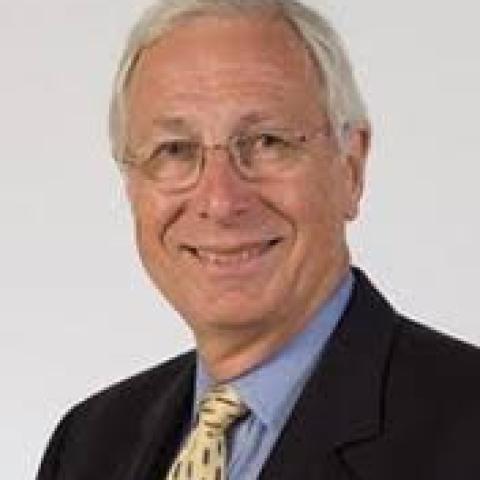
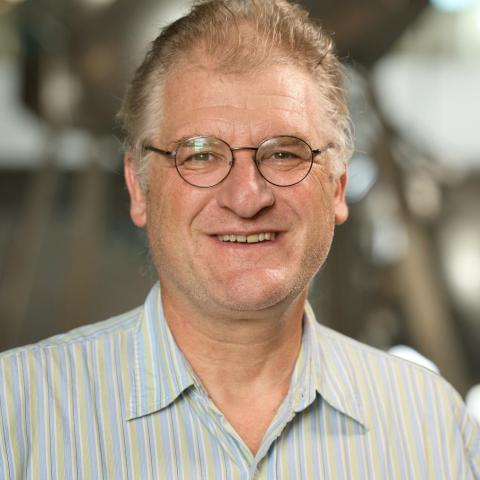
Eric Feron is a professor of Electrical, Computer, and Mechanical Engineering. He is the director of the Robotics, Intelligent Systems, and Control (RISC) Laboratory. He recently joined the KAUST CEMSE Division from the Georgia Institute of Technology. Prior to his time at Georgia Tech, he was an active faculty member in MIT's Aeronautics and Astronautics department from 1993 until 2005. Feron’s career in academia began in Paris, France, where he obtained his B.S. and M.S. from École Polytechnique and École Normale Superieure, respectively. He later completed his Ph.D. in aerospace engineering at Stanford University, U.S.
Feron's research interests center around the use of elementary concepts of control systems, optimization and computer science to address key issues in modern robotic systems. More specifically, aerobatic control of uncrewed aerial vehicles, multi-agent operations, including air traffic control systems and safety-critical software system certification. Feron is also interested in geometric control systems and control theory in general. Among his latest projects, there are a fractal drone, a few positioning systems, a wheel nature could have invented, and a self-reproducing 3D printer.
Feron has always taught at least one course per semester since the onset of his academic career. Feron believes teaching offers a fantastic outlet to communicate display his past research and inspire his new research projects with the thoughts of his classroom students. He has taught subjects as diverse as cyber-physical systems, control systems, operations research, linear programming, software engineering, and flight mechanics. Feron is a strong proponent and author of quality online education products. He also believes in communicating knowledge through all available mechanisms, including analytical and experimental, acknowledging the multiple learning modalities preferred by students, undergraduate and graduate.
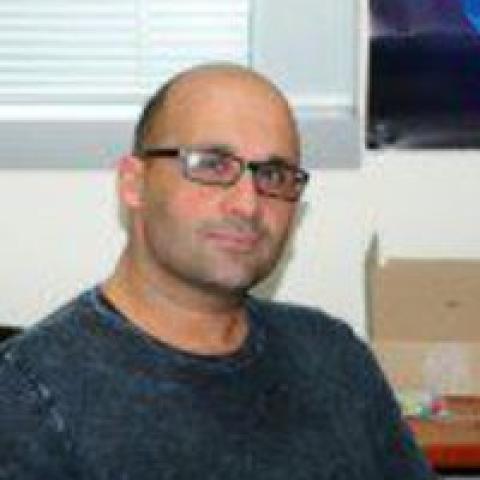
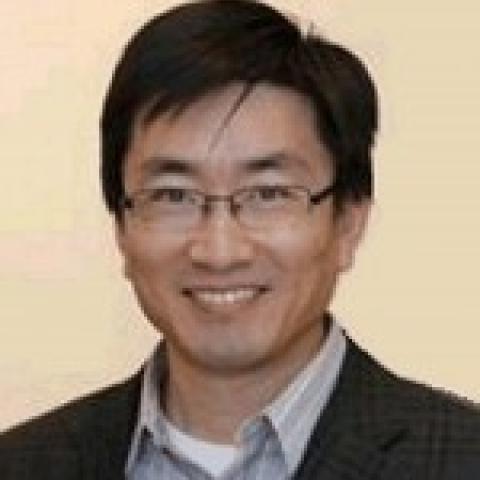
Sheng Dai, Ph.D., P.E., earned his degrees from Tongji University and Georgia Tech. He worked as an ORISE postdoc at the National Energy Technology Laboratory of the U.S. Department of Energy, and returned to Georgia Tech as a faculty member in 2015. He is currently an associate professor in the School of Civil and Environmental Engineering, Ocean Science and Engineering. and holds a courtesy appointment at the School of Earth and Atmospheric Sciences at Georgia Tech.
Dr. Dai's group addresses emerging energy and environment challenges through studying subsurface geomechanics, geomaterials characterization, energy geotechnics, bio-inspired geotechnics, flow in porous media, and granular dynamics. His research has been funded by federal funding agencies (DOE, NSF, NASA, DOT), national labs (INL, NETL), and industry (AECOM, GTI, Leidos). Dr. Dai has been recognized for his research and teaching, including being a recipient of the NSF CAREER award, the ORISE Fellowship, the Bill Schutz Junior Faculty Teaching Award, and the Class of 1969 Teaching Fellows at Georgia Tech.
He is an associated editor of the Journal of Geophysical Research: Solid Earth and Advances in Geo-Energy Research, an editorial advisor of Geomechanics for Energy and Environment, and serves on the Pressure Core Advisory Board for U.S. Geological Survey, the GOM2 Marine Test Technical Advisory Committee for UT/DOE, the National Gas Hydrate Program for NETL, and the Task Force Leader of TC308 Energy Geotechnics of ISSMGE.
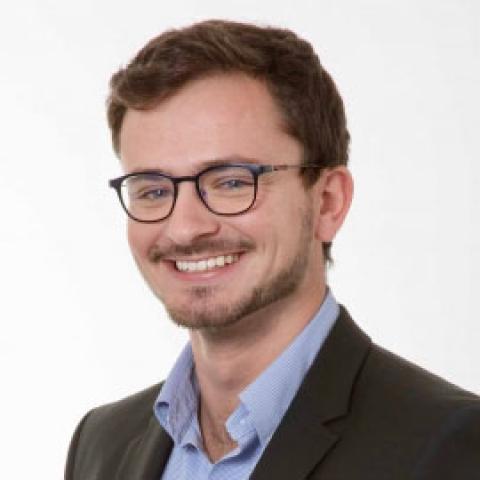
Mathieu Dahan is an Assistant Professor in the H. Milton Stewart School of Industrial and Systems Engineering. His research interests are in combinatorial optimization, game theory, and predictive analytics, with applications to service operations management and disaster logistics. His primary focus is on developing strategies for improving the resilience of large-scale infrastructures — particularly, transportation and natural gas networks — in the face of correlated failures such as security attacks and natural disasters. Current projects include: (i) Strategic design of network inspection systems; and (ii) Analytics-based response operations under uncertainty.
Dr. Dahan received a Ph.D. and M.S. in Computational Science and Engineering from the Massachusetts Institute of Technology, a M.Eng. and B.Eng. from the École Centrale Paris, and a B.S. in Mathematics from Paris-Sud University. He is the recipient of the MIT Robert Thurber Fellowship, the MIT Robert Guenassia Award, the Honorable Mention for the J-WAFS Fellowships, and the Best Poster Award at the Princeton Day of Optimization.
During the summer of 2016, he worked as a research scientist intern at Amazon.com (Seattle) in the Supply Chain Optimization Technologies team. Using Machine-Learning techniques, he worked on predicting the fulfillment cost and developing a prototype to grant a fast and accurate access to future shipping cost estimates.
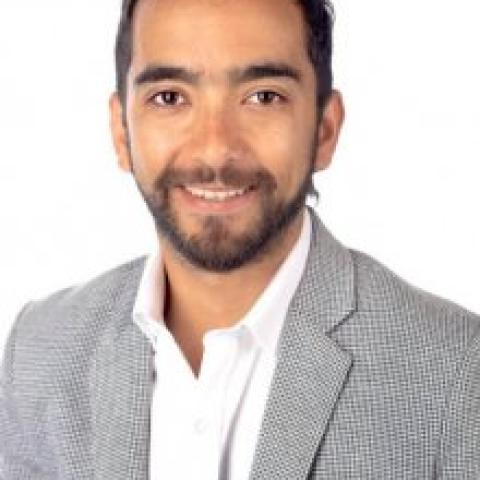
Juan-Pablo Correa-Baena is an Assistant Professor and the Goizueta Junior Faculty Rotating Chair in the School of Materials Science and Engineering at the Georgia Institute of Technology in Atlanta, USA.
His group focuses on understanding and control of crystallographic structure and effects on electronic dynamics at the nanoscale of low-cost semiconductors for optoelectronic applications. Juan-Pablo’s group works on advanced deposition techniques, with emphasis on low-cost and high throughput, as well as advanced characterization methods that include synchrotron-based mapping and imaging approaches with nanoscale resolution.
His research program at Georgia Tech has attracted funding from the Department of Energy and the Department of Defense, which funds cutting-edge research on new materials for solar energy conversion.
His work has been cited over 28,000 times (h-index of 59) making him a top cited researcher as recognized by the Web of Science Group, Highly Cited Researchers-cross-field (2019, 2021) and Chemistry (2020), and Nature Index, Leading early career researcher in materials science (2019).
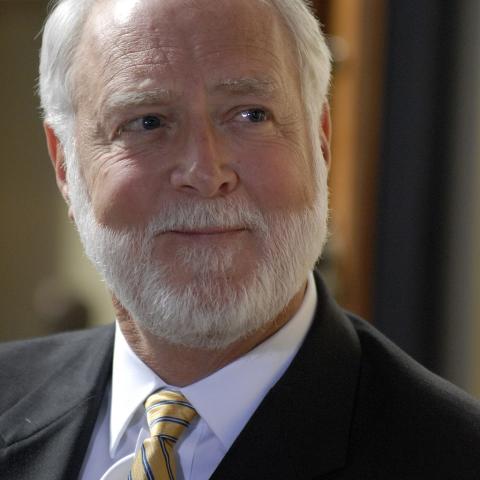
Gerald Wayne Clough is President Emeritus of the Georgia Institute of Technology (Georgia Tech) and former Secretary of the Smithsonian Institution. A graduate of Georgia Tech in civil engineering, he was the first alumnus to serve as President of the Institute.
The Clough Undergraduate Learning Commons, which officially opened its doors in August 2011, is named in his honor. Clough has garnered many other awards and honors, including the title of President Emeritus, two Norman Medals, eight honorary degrees, and membership in the National Science Board.
After earning his doctorate, Clough began his academic career as an assistant professor at Duke University in 1969. He joined the faculty at Stanford University in 1974 first as an associate professor and then later as full professor. In 1982, he joined the faculty of Virginia Tech as a professor of civil engineering and served as head of their Department of Civil Engineering for seven years. In 1990, Clough became dean of the Virginia Tech College of Engineering. Clough continued his research and instruction of graduate students at Virginia Tech in addition to his administrative responsibilities. Clough's research focused on geotechnical engineering, including earthquake studies, numerical analysis, soil structure interaction, in-situ testing, and underground openings. In 1993, he became provost and vice president for academic affairs at the University of Washington. Clough cofounded the United States Universities Council of Geotechnical Engineering Research (USUCGER), and served as the organization's first president during 1993.